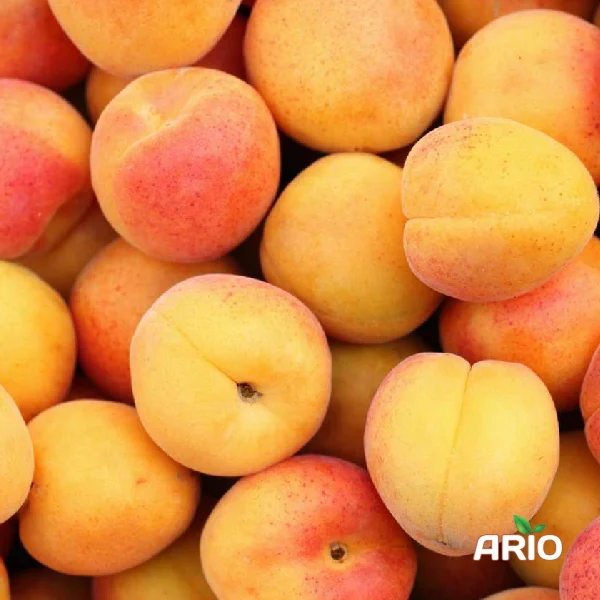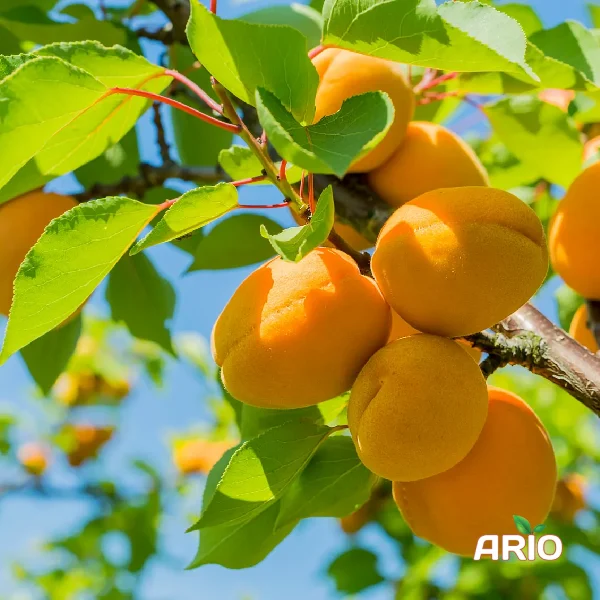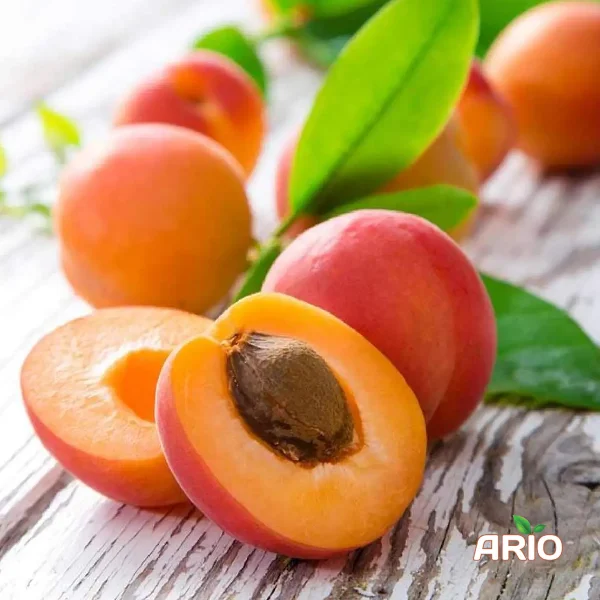
Fresh Apricots
Apricots, scientifically named Prunus armeniaca, are a widely traded fruit with significant commercial value in both fresh and dried forms. Countries with favorable climates and well-developed agricultural infrastructure—such as Turkey, Iran, and Uzbekistan—dominate global production and export.
Apricot Import and Export: Global Market Insights and 2025 Outlook
Overview of Global Production and Leading Exporters
Turkey is currently the largest apricot producer and exporter, particularly known for its dried apricots. However, recent cold weather events have negatively impacted harvest volumes, reducing output and increasing prices. Iran and Uzbekistan also play essential roles in the apricot trade, with Iran offering both fresh and processed products to international buyers.
Top Importing Countries and Global Demand Trends
Demand for apricots remains strong across global markets. Key importers include Germany, Russia, Austria, Italy, and France. These countries account for a significant portion of international purchases, driven by consumer interest in the fruit’s flavor, versatility, and nutritional profile. Apricots are widely used in both direct consumption and processed food industries.
Quality Standards and Certifications in the Apricot Trade
High-quality standards are vital in the apricot business. Export-grade apricots are evaluated based on size, color, moisture content, and freedom from defects. Industry grading systems help ensure consistent quality, which is critical for accessing premium markets. Certifications related to food safety, organic production, and supply chain transparency further increase buyer confidence.

Market Pricing and Future Forecast
The apricot market has experienced notable price fluctuations. Factors like changing weather conditions, shifting demand patterns, and logistic disruptions contribute to these changes. In the most recent year, average prices have risen by more than five percent. Looking ahead, the dried apricot sector is projected to grow steadily, driven by increasing global consumption and expanding health food markets.
Logistics and Supply Chain Considerations
Efficient logistics are essential for the apricot trade. Fresh apricots require careful handling, temperature-controlled storage, and rapid transportation to maintain freshness. Dried apricots, while more stable, still demand proper packaging to preserve color and texture. Exporters must also comply with strict import regulations, including inspection and pest control requirements.
Investment Potential in the Apricot Industry
Several areas within the apricot industry offer promising investment opportunities:
1. Processing Facilities
Investing in factories for drying, canning, or juicing apricots can expand product offerings and add value to raw harvests.
2. Organic Farming
Consumer demand for organic products continues to rise, making organic apricot cultivation a profitable niche.
3. Export Infrastructure
Upgrading cold storage units, transport networks, and packaging technology can improve operational efficiency and reduce losses.

Dried apricots
Dried apricots play a central role in the global apricot trade, prized for their long shelf life, rich flavor, and nutritional value. Turkey leads the world in the production and export of dried apricots, benefiting from favorable growing conditions and advanced drying techniques. These products are especially popular in health-conscious markets due to their high fiber, vitamin, and antioxidant content.
As demand for convenient, healthy snacks continues to grow, the dried apricot sector is witnessing steady expansion. Efficient processing, attractive packaging, and adherence to international quality standards further enhance the appeal of dried apricots in both retail and food manufacturing industries worldwide.
our product: dried apricots
Frequently Asked Questions (FAQ)
1: Which countries lead the world in apricot exports?
Turkey, Iran, and Uzbekistan are currently the top exporters of apricots, with Turkey leading in dried varieties.
2: Who are the largest importers of apricots?
Germany, Russia, Austria, Italy, and France are major importing countries due to high demand for apricots in both retail and processing sectors.
3: How does climate affect apricot production?
Unpredictable weather, especially late frosts, can significantly reduce apricot yields, affecting both prices and global supply.
4: What standards must apricots meet to qualify for export?
They must meet criteria for size, appearance, moisture levels, and cleanliness. Premium-grade products often carry additional quality certifications.
5: What is the growth outlook for the apricot market?
The market for dried apricots is expected to continue growing, with a strong upward trend anticipated over the next few years.
6: What certifications are recommended for apricot exporters?
While requirements vary by region, certifications related to food safety, organic farming, and sustainability are commonly valued.



